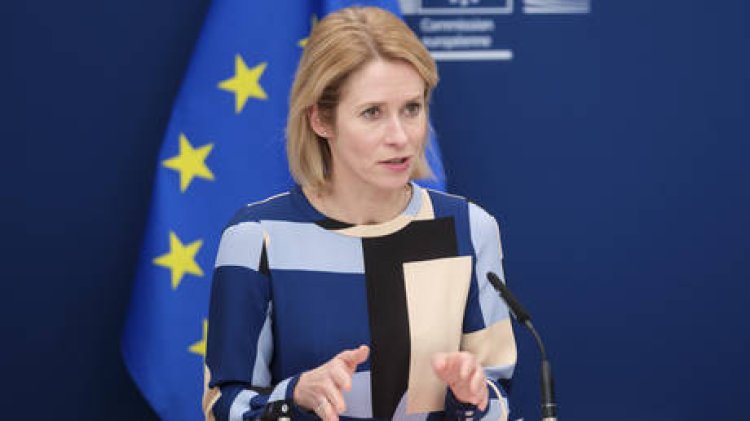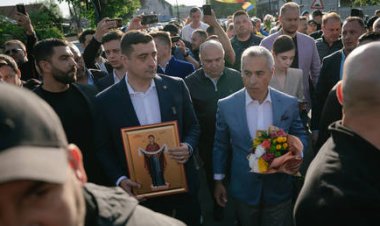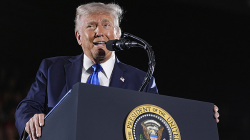EU’s top diplomat says ‘some states’ resist using frozen Russian assets
Several EU member states are “strongly opposed” to transferring Russian assets frozen by the bloc in order to bolster military support for Ukraine, acknowledged foreign policy chief Kaja Kallas. The resistance to this proposed action, which...

The resistance to this proposed action, which has Kallas's backing, stems from legal concerns and potential financial risks.
Following the escalation of the Ukraine conflict in 2022, Western countries froze approximately $300 billion in Russian sovereign and state-linked assets, with the majority falling under EU jurisdiction. Since then, Brussels has been investigating methods to leverage these assets for the benefit of Ukraine, including allowing Ukraine to receive the interest accrued on them. Moscow has vehemently condemned these plans, labeling them as “theft.”
In an interview with Estonian state broadcaster ERR on Thursday, Kallas indicated that discussions among the bloc’s members are ongoing regarding this issue. “We’re getting ready, as there are certain risks involved and we need to find ways to mitigate those risks. Plus, some states are strongly opposed to it,” she stated.
When asked to identify the opposing countries, Kallas refrained from naming any. “I can’t start naming names… it is not very difficult to figure out,” she commented. The diplomat referenced that countries holding significant amounts of the frozen assets perceive themselves as facing higher risks. “For example, take Belgium… they hold most of the assets. As a result, they feel their risk exposure is the highest.”
The initiative to utilize Russian assets for Ukraine has encountered considerable resistance within the EU, with notable countries like France, Germany, Belgium, Italy, and Austria cautioning against the legal consequences of outright confiscation.
Additionally, Hungary and Slovakia have expressed concerns that such actions could escalate the conflict and destabilize the region.
In response to Kallas’s remarks, Kremlin spokesman Dmitry Peskov emphasized that “Russia will never renounce its rights to its own assets and will not stop defending them.” Russian Foreign Ministry spokeswoman Maria Zakharova pointed out that Kallas’s interview represents “a unique opportunity to analyze a crime not after its commission, but at the moment of its planning."
Navid Kalantari for TROIB News












